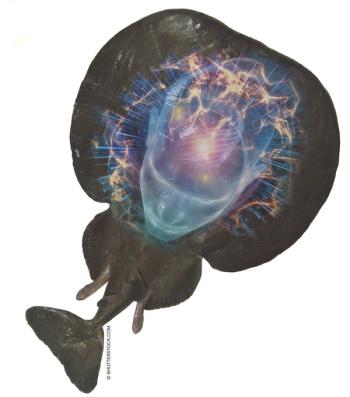
This article describes challenges for psychiatrists striving to ensure informed consent for, and for patients who may lack full appreciation of the risks and benefits of, neurostimulation.

This article describes challenges for psychiatrists striving to ensure informed consent for, and for patients who may lack full appreciation of the risks and benefits of, neurostimulation.
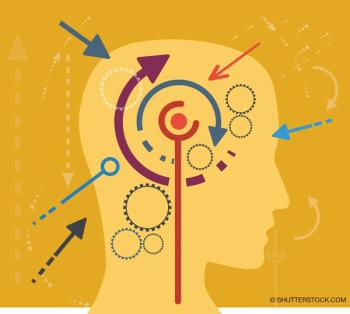
Transcranial direct current stimulation is a battery-powered noninvasive device used to treat a range of neuropsychiatric disorders. Details here.
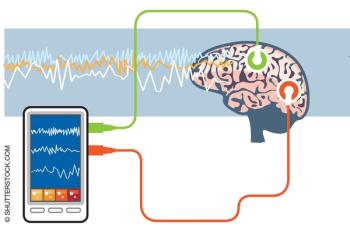
There is a growing trend for patients to obtain and use tDCS devices without the interposition of a psychiatrist filling the traditional medical-legal role of learned intermediary. The authors explore various issues.

Here: a review of the neurobiology and circuitry behind memory as well as current studies involving neuromodulation for memory disorders.

There was combat in Nam and I let my hair grow long, went to college, studied orgo until I became draft exempt...
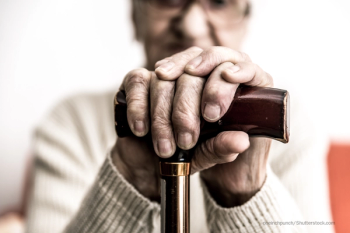
This article focuses on the various classes of antidepressants and how they have evolved.

Which genes have recently been associated with TD? That question and more in this quiz.

When, if ever, is it ethical to administer a medication to a patient-even an incapacitated one-without his knowledge? Read the case, and weigh in.

I hope you'll take a little time to read The Lancet Psychiatry Commission on the Future of Psychiatry, and to reflect on how we’ll address a number of issues critically important to the future of our profession.
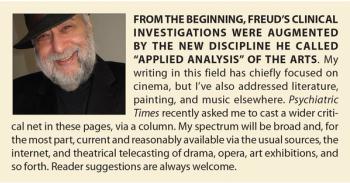
What one brings to the table from one’s own life may figure prominently -and poignantly -in one’s response to a film score.
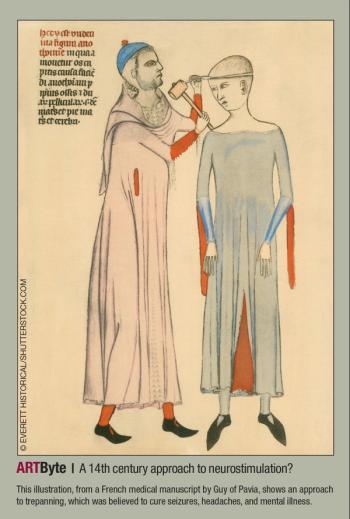
Neurostimulation approaches offer an exciting set of therapeutic alternatives to traditional pharmacotherapy for psychiatric disorders.
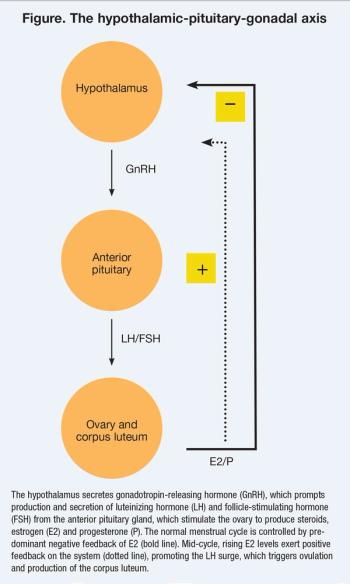
The authors review basic neuroendocrine function and the evidence base of hormonal contribution to psychiatric symptoms in PCOS, PMDD, and perimenopause. They also offer strategies for psychiatrists for both clinical assessment and management of women with neuroendocrine dysfunction.

Evil? Psychopathology? Mental illness? Gambling disorder? Brain tumor? Can future massacres be prevented if we understand what caused the Las Vegas shooter to become our country's biggest mass murderer?
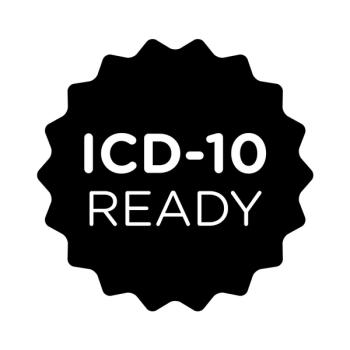
Several updates to ICD-10-CM affect the diagnostic codes used by mental health practitioners. One important update involves the codes for substance use disorders. Details here.

A psychiatrist recounts her harrowing experiences at both Bellevue Hospital and one of the most notorious correctional systems in the United States.

Here's a book that tells of stunning psychiatric islands of therapeutic success amidst continuing limitations and problems in our mental health systems.
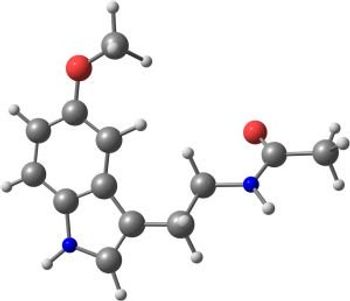
Here: an alternative to the trial-and-error method that can boost treatment response rates.
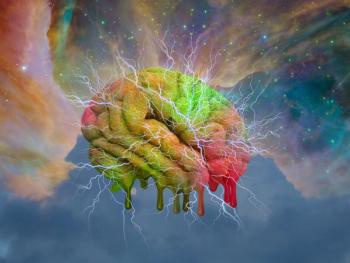
New evidence bolsters the reputation of clozapine as the “gold-standard” antipsychotic for patients with treatment-resistant schizophrenia.
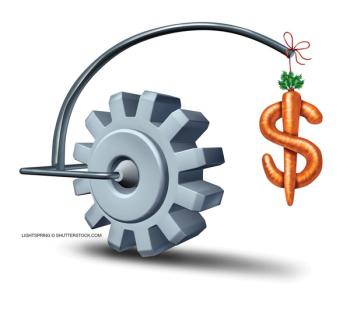
A number of behaviors are improved by financial incentive interventions. Details here.

Many psychiatrists have patients who they know would do better if their adherence to treatment could be optimized. Here's a case in point.

The authors outline a series of strategies that can help promote adherence to the therapeutic regimen.

The PBS series on the Vietnam war has evoked a flood of memories, and reminds me how far we’ve come in our understanding of PTSD- and how far we still have to go.

For ethical and economic reasons, when patients are acutely ill with catatonia and melancholia, ECT is best considered sooner rather than later.

Blood-based vibrational spectroscopy shows promise as a screening tool for dementia.

Psychiatrists may be able to contribute to the care of patients with DM by understanding this problem and its proper treatment. Here's a quiz to test your knowledge.

In Dr. Andrew Farah’s new biography of Ernest Hemingway, Hemingway’s Brain, he details the neuropsychiatric demise of a great literary mind.

No, there is no generalized epidemic of mental illness in the US, nor credible evidence that psychiatric drugs are driving up rates or severity of mental illness. But there is an urgent need for more and better treatment of psychiatric disorders.
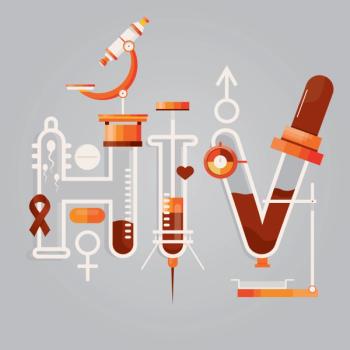
This article delineates the role of psychiatrists in preventing HIV transmission before and after HIV exposure through pre- and post-exposure prophylaxis.

The noted Israeli author's latest book is set in a 1990s second-string comedy club.
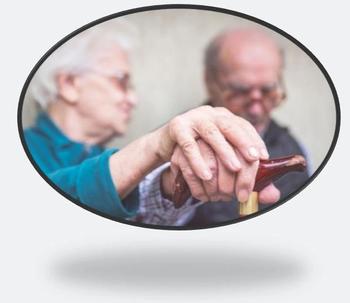
Persons with dementia can still retain the capacity to experience humor, joy, and mutual interactions. Therein lie the seeds of a new perspective on aging.